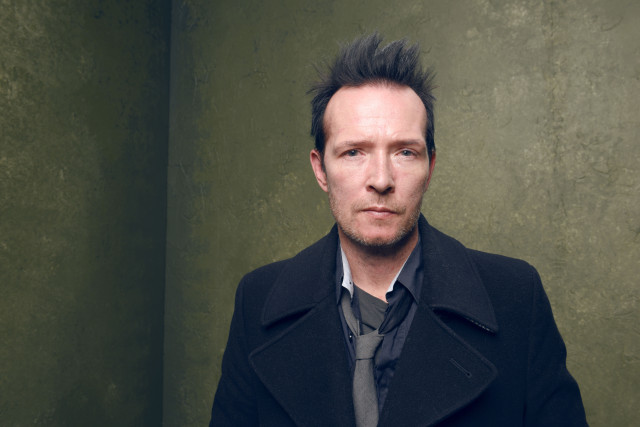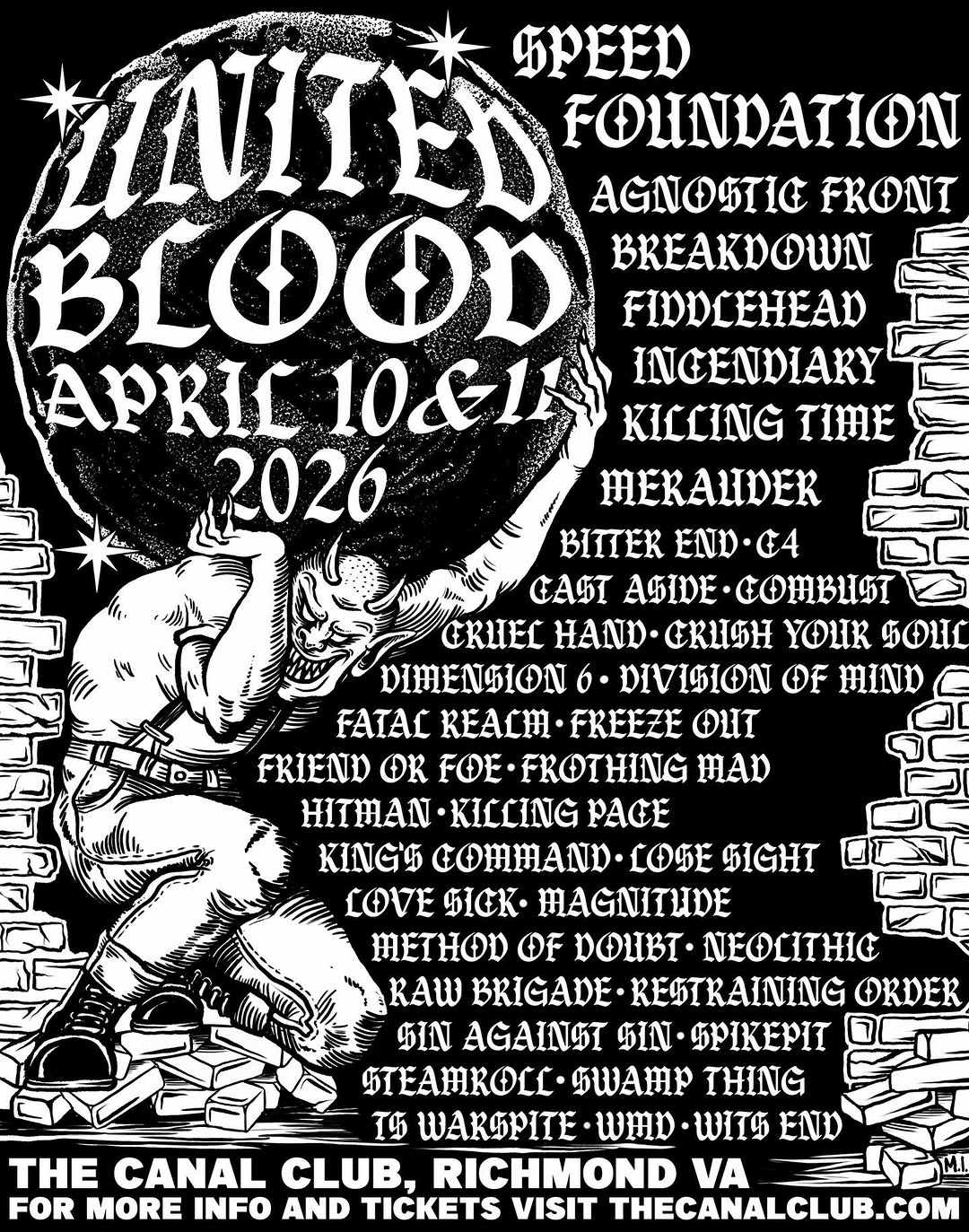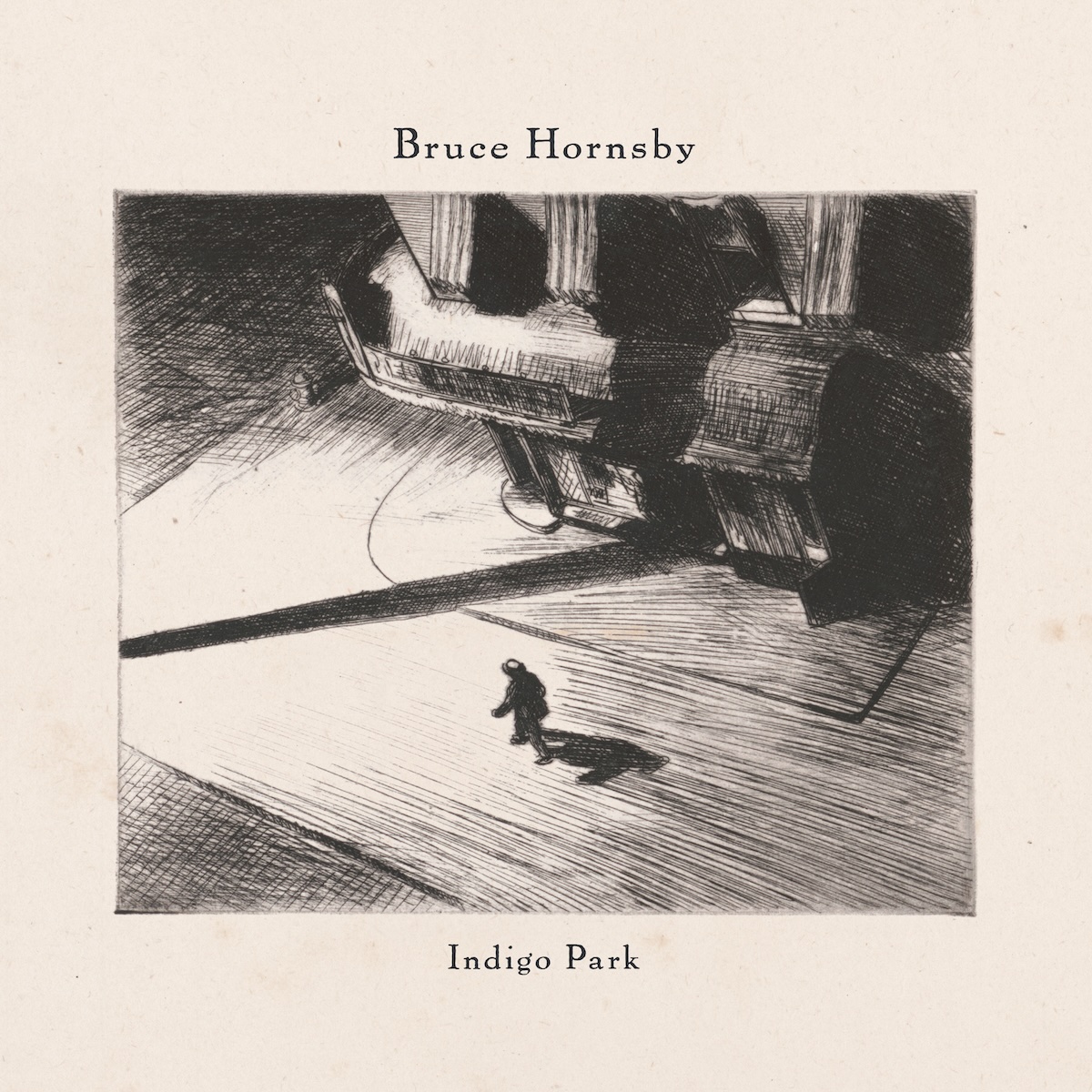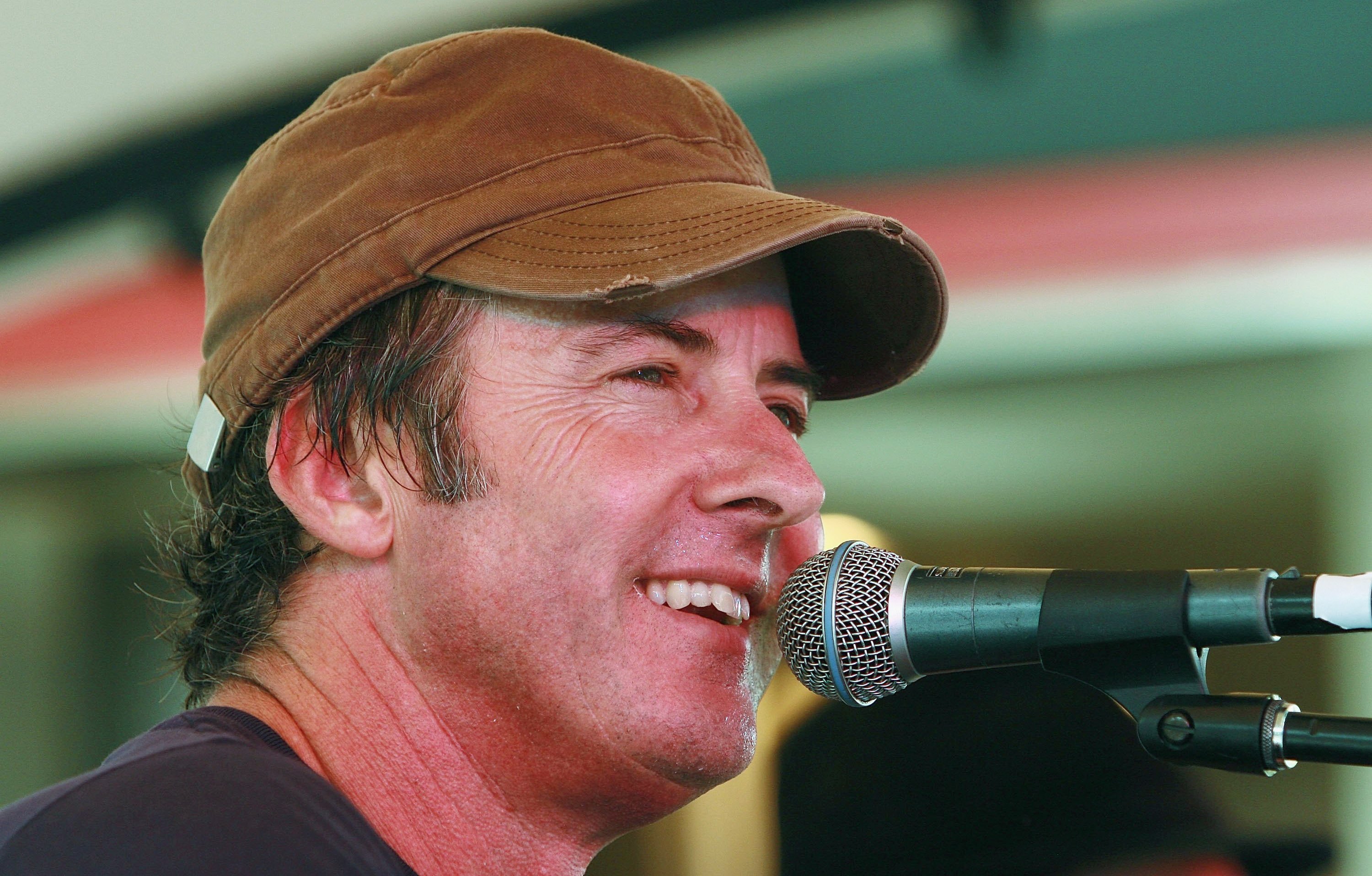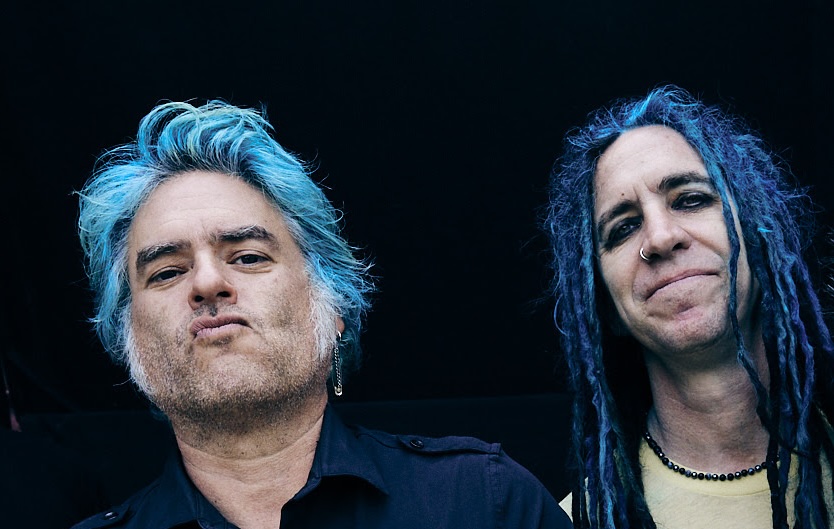Scott Weiland, former frontman for the hugely popular and important alternative rock band Stone Temple Pilots, has died. According to a post on his Instagram, he passed away in his sleep at a tour stop in Bloomington, Minnesota last night. TMZ claims that he was found on his tour bus at 9PM, before his current touring band, the Wildabouts, was scheduled to play a show in Bloomington's Medina Ballroom. No cause of death has been revealed yet. Weiland was 48.
Weiland was born Scott Richard Kline in San Jose, California; he changed his name at age five after his stepfather adopted him. He moved to Ohio as a child but came back to California for college. There, in Long Beach, he met future STP bassist Robert DeLeo at a 1985 Black Flag show. Legend has it that after talking for a while, they both figured out that they were dating the same girl. The band formed shortly thereafter, first taking the name Mighty Joe Young. The band spent a few years playing around San Diego and eventually changed their name.
In 1992, they released their debut album Core, which would go on to become one of the most massive LPs of the early grunge era. STP had no connection to the Seattle scene that was capturing the popular imagination at the time, but they sounded a whole lot like the bands who came from there, especially Pearl Jam. Core peaked at #3 on the Billboard charts and eventually sold eight million copies; four or five of its tracks become major alt-rock radio hits. But the album also got them off to a bit of a rough start, culturally speaking. Especially on the breakout single "Plush," they sounded so much like Pearl Jam that many critics and fans wrote them off as label-created grunge imitators. Even though the band was still finding its sound, Weiland's rich and resonant vocals were a tremendous part of their appeal.
In 1994, Stone Temple Pilots released Purple, their sophomore album, which thickened and deepened their sound, quieting many of their detractors. The album embraced a sort of grizzled classic-rock sound, and it proved nearly as popular as Core, selling six million copies and spawning three major radio hits.
But the band's winning streak wouldn't last. In 1996, they embraced glam and psych-rock influences on their their third album Tiny Music... Songs From The Vatican Gift Shop and convinced still more critics that they were the real deal. The album still sold a few million copies, and three of its singles were hits, but it never reached the same level of success as its predecessors. And the band had to ditch most of its touring plans when Weiland's issues with addiction, which would plague him for the rest of his life, became a major problem.
In the wake of all that, STP went on hiatus, and Weiland released the stripped-down solo album 12 Bar Blues. Then, in 1999, STP got back together to release No. 4, and they followed it with Shangri-La Dee Da in 2001. The albums weren't flops, but they were nowhere near as omnipresent as those early STP albums. And the band seemed a bit anachronistic in an era when nobody really knew what alternative was anymore and nü metal had replaced grunge as the world's most popular rock subgenre. (STP toured with Linkin Park, whose Chester Bennington would later replace Weiland as STP's frontman, on the 2001 Family Values tour.) At the same time, Weiland's problems were becoming worse, and he served a five-month prison term for drug possession in 1999.
On the final date of STP's 2002 tour, Weiland reportedly got into a fight with guitarist Dean DeLeo, and the band broke up not long after. That same year, Weiland teamed up with the former Guns N' Roses members Slash, Duff McKagan, and Matt Sorum to form the supergroup Velvet Revolver. The band's 2004 debut Contraband was a big success, selling two million copies and bringing a level of riff-rock sleaze that seemed refreshing in a time when that had mostly gone away. Their 2007 follow-up Libertad sold only about a tenth of that. That same year, Weiland agreed to reunite with Stone Temple Pilots to play a 2008 summer festival tour, which eventually caused Weiland to leave Velvet Revolver. (He also released a solo album called "Happy" In Galoshes in 2008.)
STP toured heavily for the next few years and released a self-titled album in 2010. But things got tense between Weiland and the rest of the band again. Weiland wanted to play Core on tour to celebrate the album's 20th anniversary, and the rest of the band didn't think he had the vocal range to tour those songs. Weiland made noises about touring Core as a solo act, further pissing off his bandmates. And in 2013, Stone Temple Pilots announced that they'd "terminated" Weiland from the band. They also sued him shortly thereafter
As he was falling out with STP, Weiland also worked as a solo act, forming the Wildabouts and releasing a covers album and a Christmas LP, both of which were immediately treated like jokes. He also became a frequent presence on websites like this one, entirely for the wrong reasons -- because he pissed off fans by acting dismissively at meet-and-greets, or because his live vocal performances had become notably awful. Last month, when Chester Bennington left Stone Temple Pilots -- something Weiland knew about beforehand -- there was some hope that maybe he could mend fences with his old band yet again. That obviously never happened.
But despite all the issues he battled throughout his life, Weiland was a powerful, charismatic vocalist and a dynamic frontman. Watch some videos of him at work below.
[videoembed size="full_width" alignment="center"][/videoembed]
[videoembed size="full_width" alignment="center"][/videoembed]
[videoembed size="full_width" alignment="center"][/videoembed]
[videoembed size="full_width" alignment="center"][/videoembed]
[videoembed size="full_width" alignment="center"][/videoembed]
[videoembed size="full_width" alignment="center"][/videoembed]
[videoembed size="full_width" alignment="center"][/videoembed]
